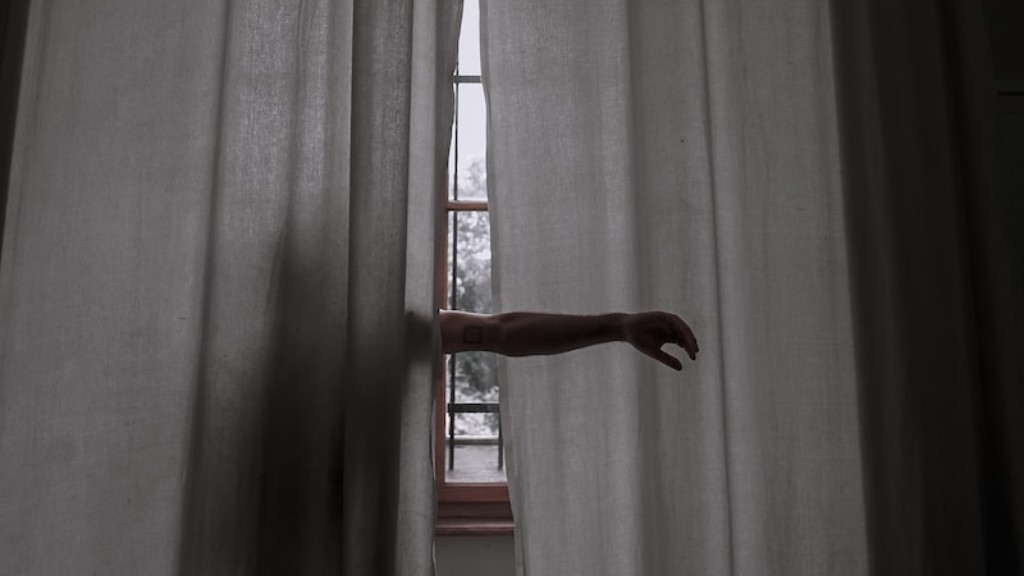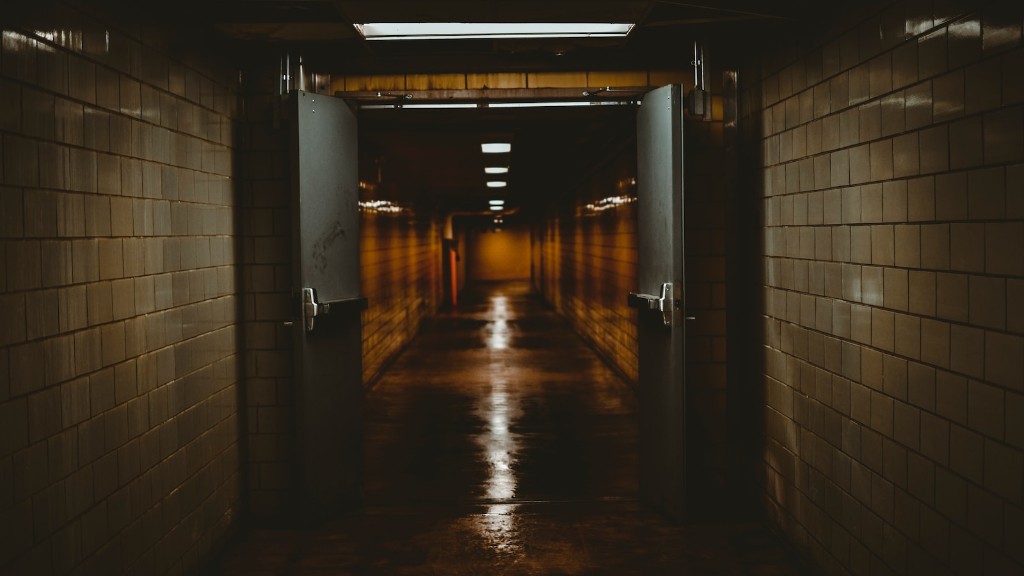Thrillers are films that plot their stories around suspense, excitement, and intense emotions. These cinematic masterpieces drastically heighten the viewer’s anticipation. Thrillers ride an emotional roller coaster with the audience, gradually building suspense and tension, while introducing elements of danger, fear, mystery, and sometimes action. Thriller movies tend to be character driven and showcase the protagonist in a desperate race against time that keeps the viewers on their toes.
The distinctive style of thriller films is complicated to define, as the genre has continued to evolve in unpredictable directions over the years. the common trait shared by the genre is the anticipation and suspense that it builds, as well as its focus on the hero’s journey. The key drama element in the thriller is the protagonist’s bravado and attempts to fight against insurmountable odds.
Thrillers fuel their narrative with psychological themes and moral conundrums. It often has more complicated endings than other genres, as the protagonist’s journey brings them face to face with a moral dilemma. These thrilling scenes help to create an explosive finale that keeps viewers hooked until the movie is over. Genre experts agree that a good thriller takes the audience on an unforgettable journey of fear, anticipation, and curiosity.
Top performers in the genre demonstrate skillful storytelling. They craft a deep sense of dread and tension, combined with carefully placed plot twists and superb character development. Many thrillers add subplots as red herrings to distract the audience and keep them guessing. This heightens tension, as viewers are never quite sure what the characters know or what might happen next. Another important element of the thriller is its pacing, which is typically much faster than other genres.
Overall, thrilling movies are known for their disturbing elements. They delve into the darker sides of human nature, and explore sociopolitical, economic, political, and psychological themes. The genre explores ideas of power, violence, and murder, but does so in a way that keeps audiences engaged and entertained. The best thrillers are those that surprise and excite the audience, and leave them with a lasting impression and plenty of questions afterwards.
Realistic plots and unexpected twists
Many of the most popular thrillers contain realistic and relatable plots, making it easy for viewers to get drawn into the story. The structure of the storyline typically involves numerous unexpected plot twists and turns as the protagonist struggles against obstacles created by the antagonist. This ensures that the audience remains engaged and guessing as to what will happen next. The climax of a good thriller is often the most intense and surprising part of the narrative, as the tension builds up and leads to a shocking conclusion. The best thrillers manage to maintain the suspense over the whole film and then deliver a huge payoff.
Realism is also a key element in the thriller genre and helps to draw audiences in. Audiences expect the protagonists and antagonists to behave like real people and respond to situations as real people would. This realism helps viewers to connect with the characters on a more meaningful level and helps the film to be more effective. Recent trends have seen a move away from the traditional ‘whodunnit’ mystery format, and towards a more psychological or existential thriller.
These types of thrillers explore themes such as identity, mortality, and our relationship to technology. Technology has changed the way stories can be told in a thriller, as filmmakers use sophisticated digital effects to enhance the cinematic experience. Many directors now use a combination of traditional camera angles and digital effects to create an atmosphere of terror and suspense.
Thrillers are often more successful at connecting to the audience’s psychological states and engaging their emotions, which fuels the narrative impact that is so integral to the genre. The best thrillers will draw viewers into the story, keep them guessing until the end, and leave them with plenty of questions.
Real-world consequences
Thrillers often explore real-world issues such as corruption, justice, and power. These themes are explored in such a way that viewers are able to connect to the characters as real people. The protagonists in these films are often fighting to preserve their own freedom and survival, or that of others. The themes explored in thriller films often have real-world ramifications and the viewer can identify with the issues on a deeper level.
The use of violence and suspense in thrillers is often seen as a necessary evil in order to provoke a response from audiences. Many filmmakers use violence in a way that comments on society and its flaws. Often, the violence presented in a thriller will represent the consequences of entering a world of crime and corruption. Viewers often respond positively to this kind of film, as they can identify with the characters’ struggle for justice and recognize the very real issues that the film is addressing.
Thriller films that possess a moral component are usually more successful. Films that comment on real-world issues often have a sense of urgency and often reflect a moral dilemma. This allows the audience to question their own ethical and moral values and connect to the characters on a deeper level. It also allows viewers to explore the consequences of their own potential actions and the potential consequences of certain decisions.
Criticism of the genre
The use of violence and suspense in thriller films has often been criticized by those seeking to protect the more vulnerable members of society. However, the genre has received some positive comments for its ability to explore complex themes in such a thrilling and entertaining manner. The genre has also been credited for giving filmmakers a platform to explore real-world issues in a way that can be both informative and entertaining.
Many directors have used their craft to comment on popular topics such as power, corruption, and violence. Examples of these include Christopher Nolan’s ‘The Dark Knight’ and the recent ‘No Country for Old Men.’ These films are praised for their ability to explore complex themes in such an exciting and engaging format.
Thrillers have also been criticized for their focus on violence and action, as some feel that this emphasis overshadows an actual exploration of the themes. This criticism is often leveled at low-budget exploitation films, which often rely heavily on violence and action scenes. On the other hand, many top-tier thrillers have been able to explore their themes in a more thoughtful and psychologically compelling manner.
Evolution of the genre
The thriller genre continues to evolve with every new release, as filmmakers use various techniques and tricks to create new and thrilling experiences for their audiences. The use of digital effects in recent thrillers has added another layer of intrigue and suspense to these films. The use of novel narrative techniques and shocks is also becoming more popular.
Recent trends have seen a focus on psychological thrillers which explore the darkest sides of human behavior and the consequences of hidden secrets and desires. These types of thrillers often feature complex characters with ambiguous motivations and explore themes of identity and morality. Some of the best examples of modern psychological thrillers include ‘Gone Girl’ and ‘The Girl on the Train.’
The thriller genre has long had a tendency to evolve and to evolve quickly. This ensures that the genre stays up-to-date with the times, while remaining entertaining and thrilling. Filmmakers continue to push the boundaries of the genre and explore different techniques and perspectives as more viewers become interested in this exciting genre.
Use of technology
An ever-increasing amount of sophisticated digital technology has been used in recent thrillers to create an intense sense of suspense and excitement. CGI, digital effects, and editing techniques are all used to create a heightened level of emotion and a greater impact on the audience. This has had a large influence on the industry, as filmmakers now have access to a variety of digital tools to help them create thrilling cinematic experiences.
The use of technology has also allowed filmmakers to explore more personal and intimate topics such as identity and morality. Digital effects also help to create an atmosphere of dread and tension. This is often used in thriller films to great effect, as it heightens the level of anticipation and draws the audience in. Technology has also enabled filmmakers to create more complex and unpredictable plots.
Overall, the use of technology has help to reinvigorate the genre, as filmmakers use these tools to create more thrilling and entertaining experiences for the viewers. The use of technology has also enabled more creative filmmakers to explore complex themes, as well as create faster-paced and more kinetic experiences.
Building a mood and atmosphere
One of the most important elements of any thriller is its ability to build suspense and create an atmosphere of anticipation. This is done through careful pacing, editing, and cinematography. The use of music is also integral in creating an atmosphere of dread and anticipation, as the score creates an emotional response in the viewer.
Filmmakers often use long takes to build the suspense and tension, as these create a feeling of unease and let the audience get immersed in the story. A director or cinematographer will also use camera angles and movement to heighten tension. For instance, a low angle can be used to create a feeling of vulnerability or a sense of power. Many thrillers also use sudden changes in music or sound to shock and surprise the audience.
Overall, a good thriller needs to create an atmosphere of anticipation and suspense. It is up to the filmmakers to build this atmosphere and guide the audience through the story. The use of music, camera angles, and editing techniques are all integral in creating a thrilling experience for the viewer.
Memorable characters
Memorable characters are essential for any successful thriller, as these characters draw the audience into the story and allow them to connect with the narrative. The protagonists of a good thriller are usually highly relatable characters, as their struggles and conflicts provide the audience with a way to connect to the story. Characters in thrillers often have to face difficult moral questions and their journey often forces them to confront their own insecurities and flaws.
The antagonists in thrillers are equally important, as they provide the stakes and the tension that drive the story. These characters often display malicious intentions and extreme immorality. This allows the audience to cheer for the protagonist as they struggle against adversity and villainy. The leader of the antagonist group is often the one who captures the audience’s attention as they must face off against the hero in an attempt to win.
Overall, characters are essential in any thriller, as they provide an emotional connection to the story. Memorable protagonists and antagonists help to create an entertaining and thrilling experience for the audience. Characters need to be portrayed realistically and with depth in order for the audience to connect to them, and for the story to be effective.
The mystique of the genre
The thriller genre has always held a certain mystique. It’s a genre that is packed full of suspense, intrigue and excitement. It’s a genre of the unknown, one that audiences can never quite predict which direction the film will take, and the unpredictability is what keeps audiences coming back for more.
Thrillers have always attracted a vast audience, as they offer something unique and




